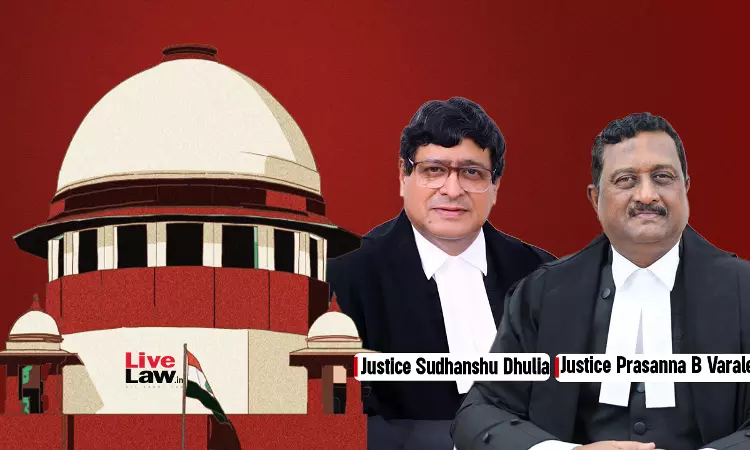Accused Cannot Claim Acquittal On Ground Of Faulty Investigation : Supreme Court
Gyanvi Khanna
6 Jan 2025 8:07 PM IST

Next Story
6 Jan 2025 8:07 PM IST
The Supreme Court (today January 06) held that the accused cannot claim acquittal solely on grounds of faulty investigation. It explained that defective investigation does not automatically benefit the accused persons and Courts will have to consider the rest of the evidence relied on by the prosecution.“Hence, the principle of law is crystal clear that on the account of defective...
